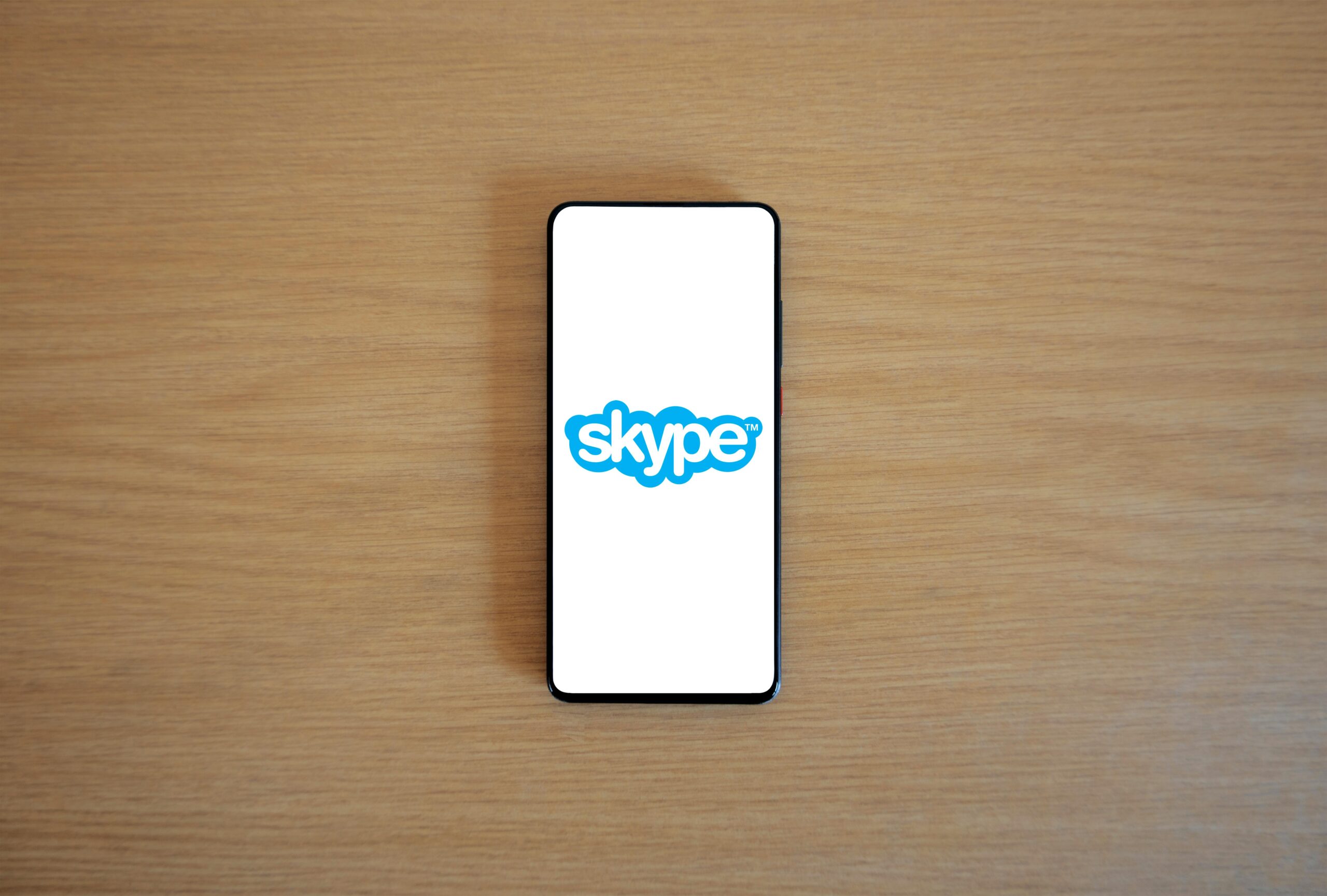
Microsoft has now publicly laid to rest Skype, their once-trumpeted acquisitions of the persistent online phone call and instant messaging service. This closure will happen in May of 2025. The announcement, made in February 2023, represents the conclusion of almost 22 years of service. This milestone represents an exciting evolution of online communication.
We can at least commend Microsoft for choosing to end Skype on a Monday. This is no end – it’s the beginning indeed, as the company turns its head towards Microsoft Teams, a workspace designed for today’s communications and teamwork. Jeff Teper, President of Collaborative Apps and Platforms, expressed that this move would help clarify Microsoft’s consumer communications stack.
“In order to streamline our free consumer communications offerings so we can more easily adapt to customer needs, we will be retiring Skype in May 2025 to focus on Microsoft Teams (free), our modern communications and collaboration hub.” – Jeff Teper, President, Collaborative Apps and Platforms.
Skype’s Evolution and Decline
Skype’s odyssey began back in 2003. It transformed long-distance communication by enabling its users to place voice calls via internet protocol. Its growth accelerated quickly, which resulted in its purchase by eBay just two years later in 2005. In 2009, a venture capital firm bought 65% of Skype, tripling its valuation. In May 2011, Microsoft purchased Skype for $8.5 billion. They focused on replacing their own Windows Live Messenger with this broader, more flexible platform.
Since its inception, the world has changed profoundly. The advent of cheap long-distance mobile phone calls and cheap cell-data plans have changed the way Americans talk to their families. This evolution has certainly lessened the need for services like Skype. Those digital networks used to transform how we communicated over great distances.
Current Skype users can continue using their existing credits until the end of their next renewal period. This staggered release allows for an easy transition as they continue to exit the platform. Microsoft’s recent promotion of Teams represents a huge departure from that strategy. Their goal is to deliver a more natural, unified communication experience across personal and business contexts.
Microsoft would love to have you check out Teams instead. The decision is a very individual one, giving the reader the power to choose whatever forms of communication will work best for them.
Author’s Opinion
Microsoft’s move to close Skype marks the end of an era, but it also reflects the ever-changing landscape of digital communication. The company’s focus on Microsoft Teams indicates a shift in how we connect, emphasizing a more integrated approach that blends personal and business communications. While Skype’s impact on global connectivity is undeniable, the increasing reliance on more advanced platforms like Teams highlights the evolving needs of users in the digital age.
Featured image credit: BM Amaro via Pexels
Enjoyed this article? For more stories like it, click the +Follow button at the top of this page to follow us on MSN.
